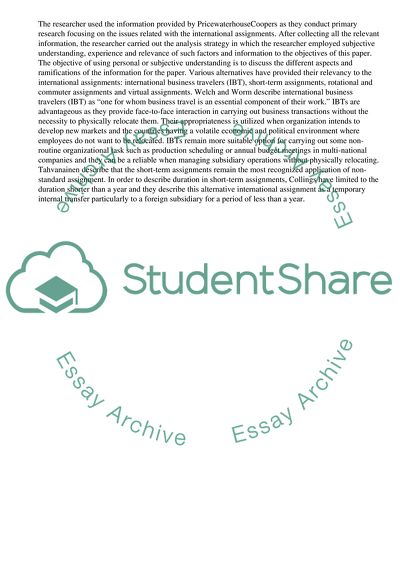Cite this document
(International Assignees to Talent Management Research Paper, n.d.)
International Assignees to Talent Management Research Paper. Retrieved from https://studentshare.org/management/1781770-global-hr-to-develop-and-implement-a-strategic-plan-that-associates-best-practices-for-selecting-international-assignees-and-tying-that-selection-process-to-talent-management
International Assignees to Talent Management Research Paper. Retrieved from https://studentshare.org/management/1781770-global-hr-to-develop-and-implement-a-strategic-plan-that-associates-best-practices-for-selecting-international-assignees-and-tying-that-selection-process-to-talent-management
(International Assignees to Talent Management Research Paper)
International Assignees to Talent Management Research Paper. https://studentshare.org/management/1781770-global-hr-to-develop-and-implement-a-strategic-plan-that-associates-best-practices-for-selecting-international-assignees-and-tying-that-selection-process-to-talent-management.
International Assignees to Talent Management Research Paper. https://studentshare.org/management/1781770-global-hr-to-develop-and-implement-a-strategic-plan-that-associates-best-practices-for-selecting-international-assignees-and-tying-that-selection-process-to-talent-management.
“International Assignees to Talent Management Research Paper”, n.d. https://studentshare.org/management/1781770-global-hr-to-develop-and-implement-a-strategic-plan-that-associates-best-practices-for-selecting-international-assignees-and-tying-that-selection-process-to-talent-management.


